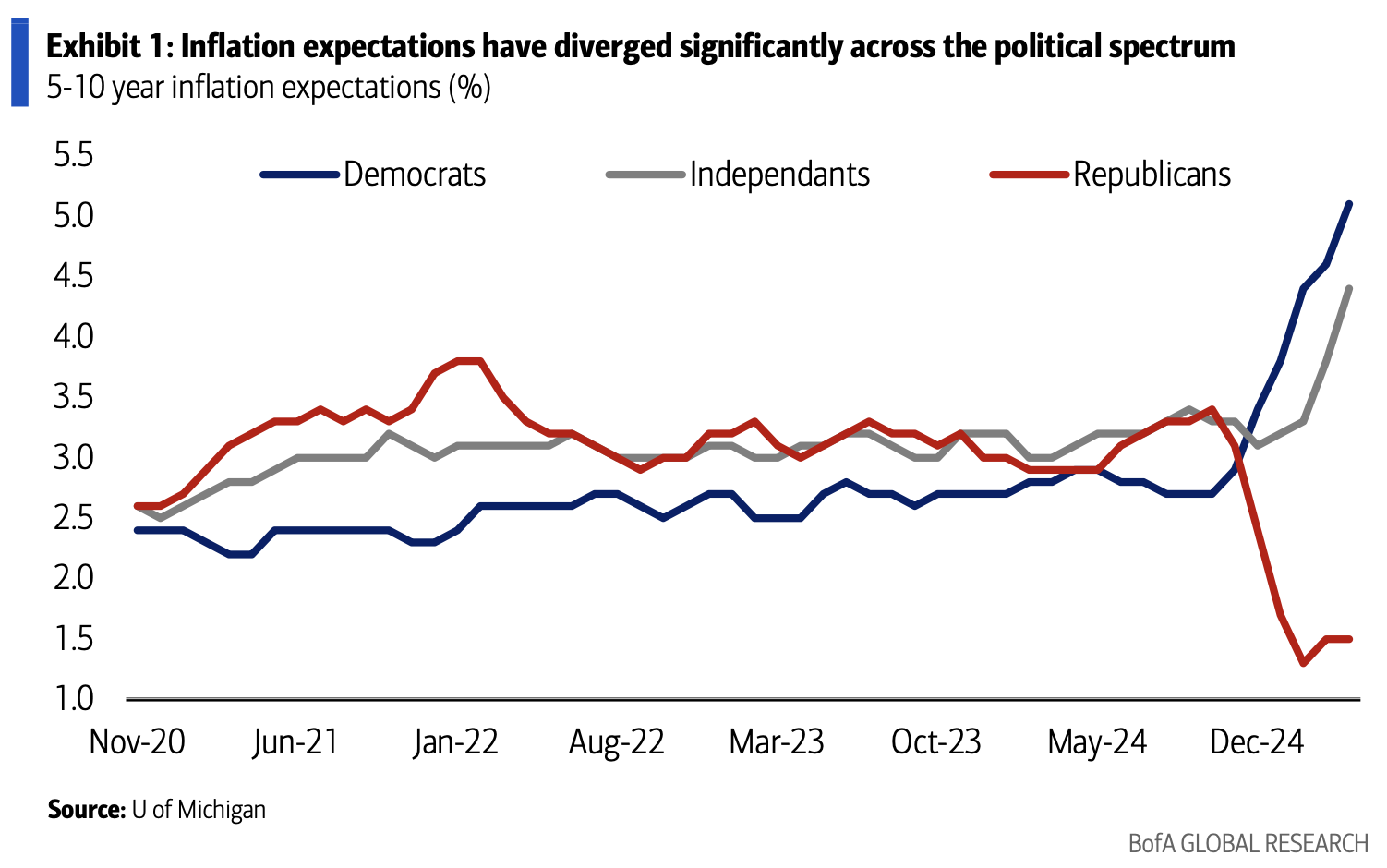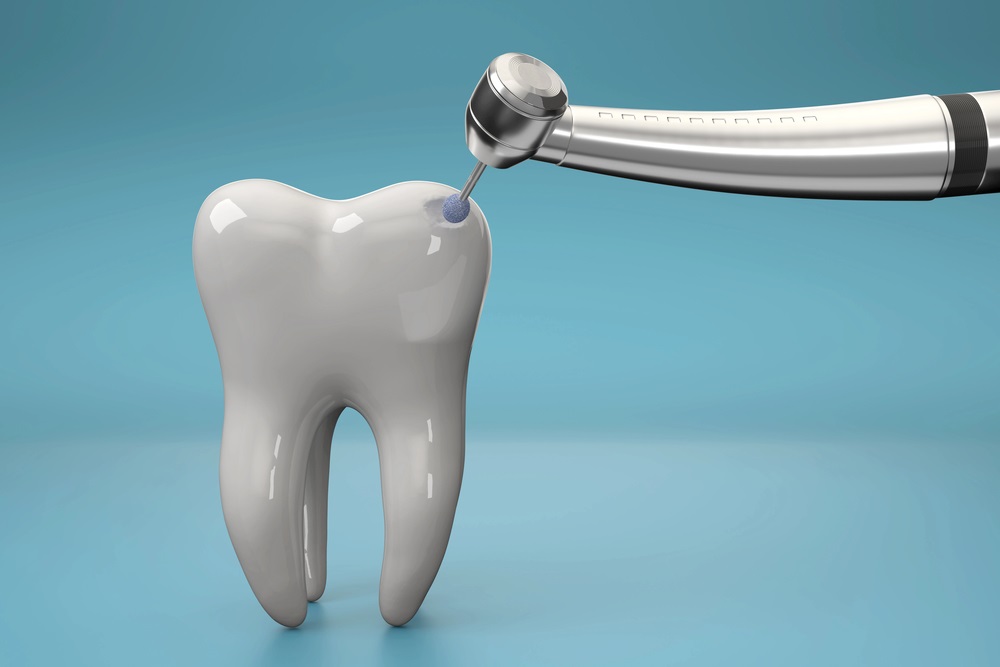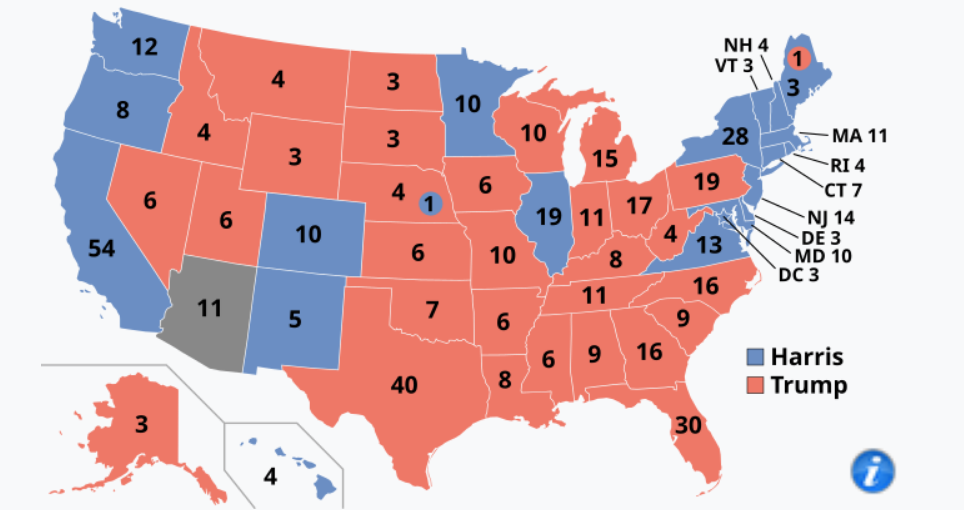The European Central Bank has slowed the pace of its interest rate increases in line with policymakers in the US and UK, raising borrowing costs by half a percentage point on Thursday and warning of further rate rises to come.
The ECB raised its deposit rate from 1.5 per cent to 2 per cent, its highest level since the global financial crisis in 2008, and signalled that it would increase borrowing costs repeatedly by half a point in the coming months.
“Interest rates will still have to rise significantly at a steady pace to reach levels that are sufficiently restrictive to ensure a timely return of inflation,” the ECB said.
Christine Lagarde, ECB president, said during a press conference on Thursday that it was “pretty much obvious that on the basis of the data we have at the moment” that rate-setters expected “to raise interest rates at a 50 basis-point pace for a period of time”.
Lagarde added: “We have made progress over the past few months but we have more ground to cover, we have further to go.”
Investors viewed the remarks as hawkish, with governments’ borrowing costs and the euro rising.
The yield on the 10-year German government bond soared by 0.27 percentage points to 2.4 per cent, the highest level since 2008.
The yield on the 10-year Italian bond added 0.24 percentage points to hit 4.09 per cent. Yields rise when bond prices fall.
The euro strengthened 0.2 per cent against the dollar to $1.07, erasing earlier losses.
Eurozone stocks were muted, with the regional Stoxx 600 index down 1.2 per cent on the day, while Germany’s Dax fell 1.4 per cent.
The decision comes after the US Federal Reserve, the Bank of England and the Swiss National Bank all raised rates by half a point this week, down from previous 0.75-point moves. In its previous two rate-setting meetings, the ECB raised borrowing costs by 0.75 percentage points each time.
By lifting rates in smaller increments, central banks on both sides of the Atlantic are responding to signs that inflation has peaked in many countries. The US and European economies appear increasingly likely to slide into recession in the coming months.
Further rate rises in the euro area were needed as “inflation remains far too high” and was set to remain above the central bank’s 2 per cent target “for too long”, the ECB said.
Eurozone inflation fell from a record high of 10.6 per cent in October to 10 per cent in November. However, the bank on Thursday lifted its inflation forecast for this year to 8.4 per cent, 6.3 per cent next year and 3.4 per cent in 2024. It said inflation would be 2.3 per cent in 2025, implying that tighter credit conditions were needed to bring inflation down to target.
Lagarde said the higher estimates were based on the view that food and energy prices would rise by more than expected in the coming months.
The ECB has now increased interest rates at each of its past four meetings by a total of 2.5 percentage points, its most aggressive set of rises since the euro was created in 1999.
The central bank on Thursday also announced plans to start shrinking its €5tn bond portfolio it had acquired over the past eight years. It will initially shrink the debt pile by €15bn a month through a partial reduction of the amount of maturing bonds it replaces with new purchases from next March. It will review the pace of the operation in the summer.
The bank said it would “regularly reassess the pace” of shrinking its balance sheet, “to ensure it remains consistent with the overall monetary policy strategy and stance, to preserve market functioning, and to maintain firm control over short-term money market conditions”.

















Comments 1